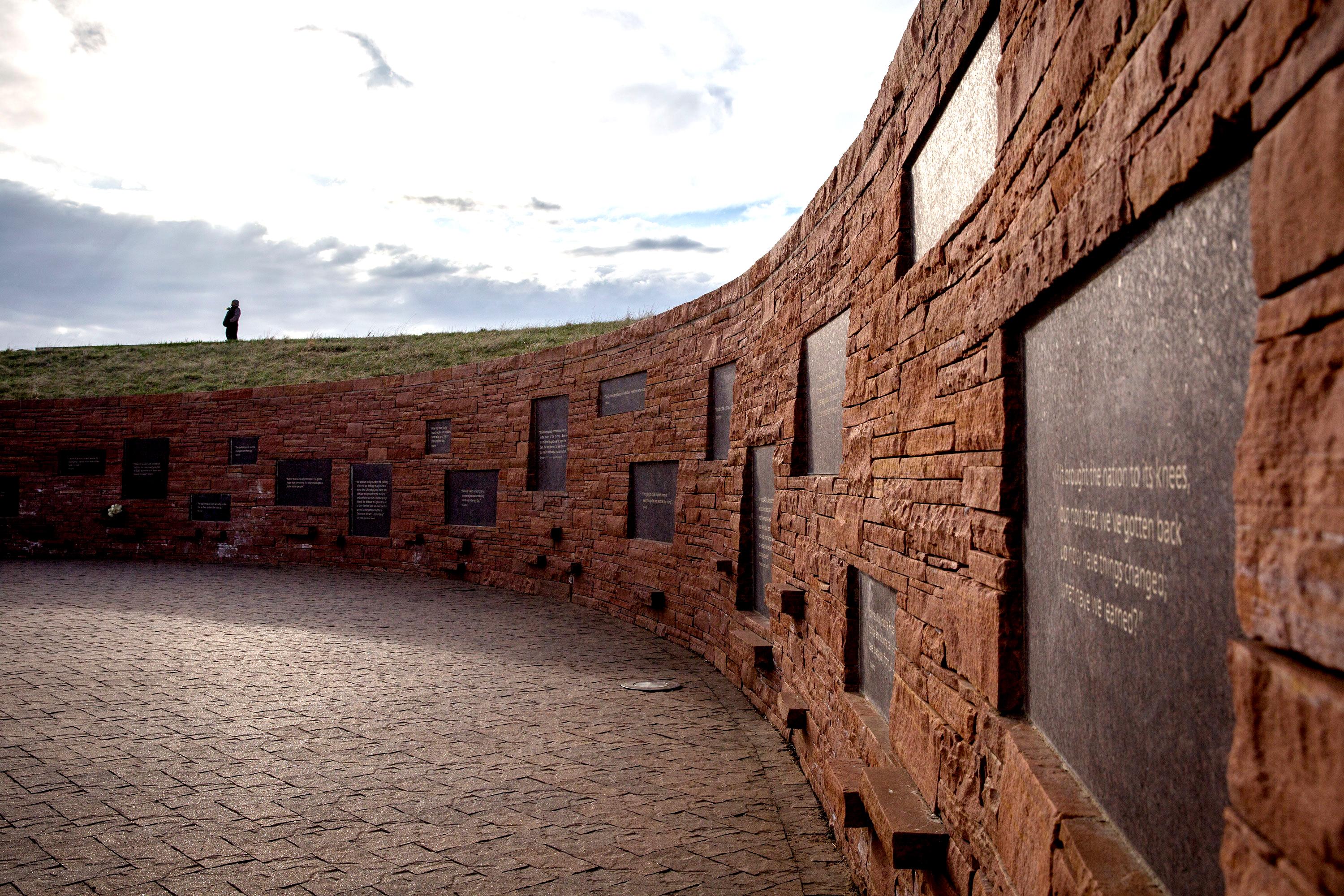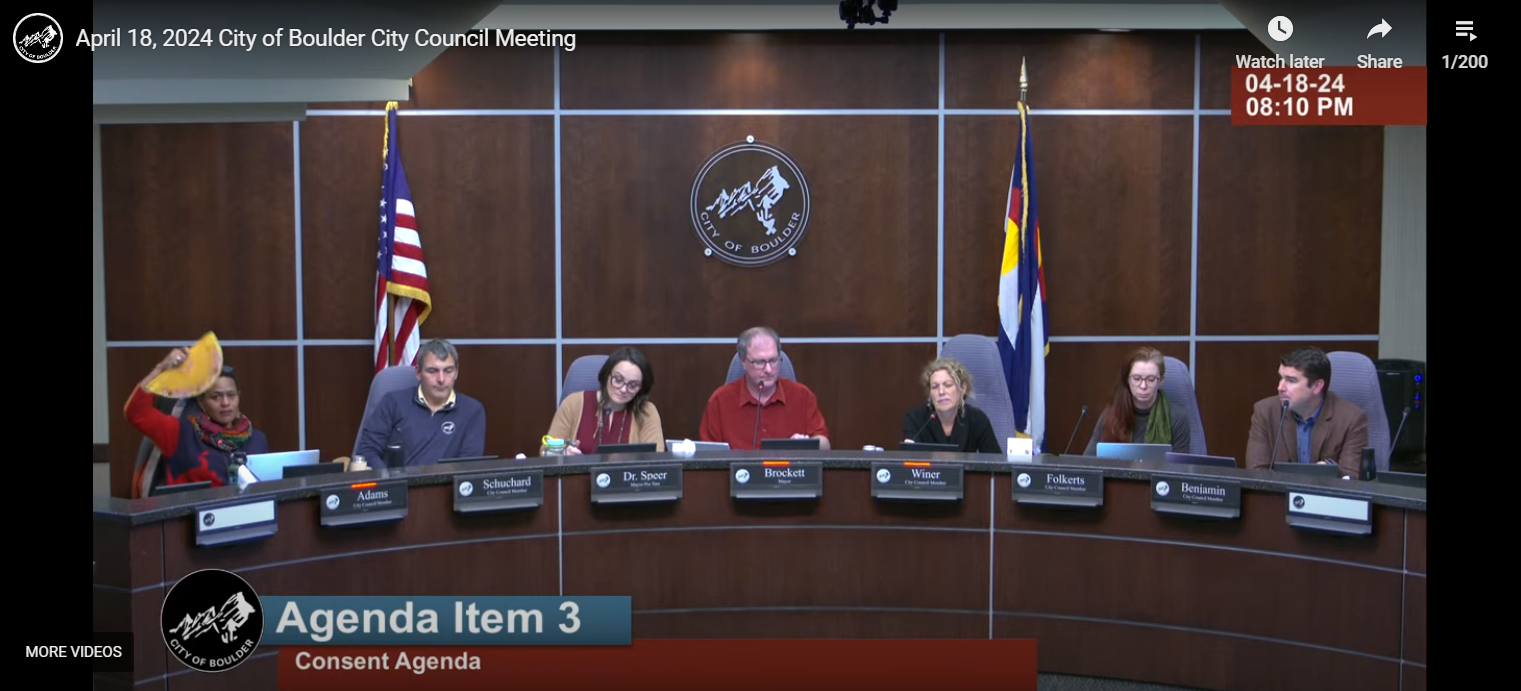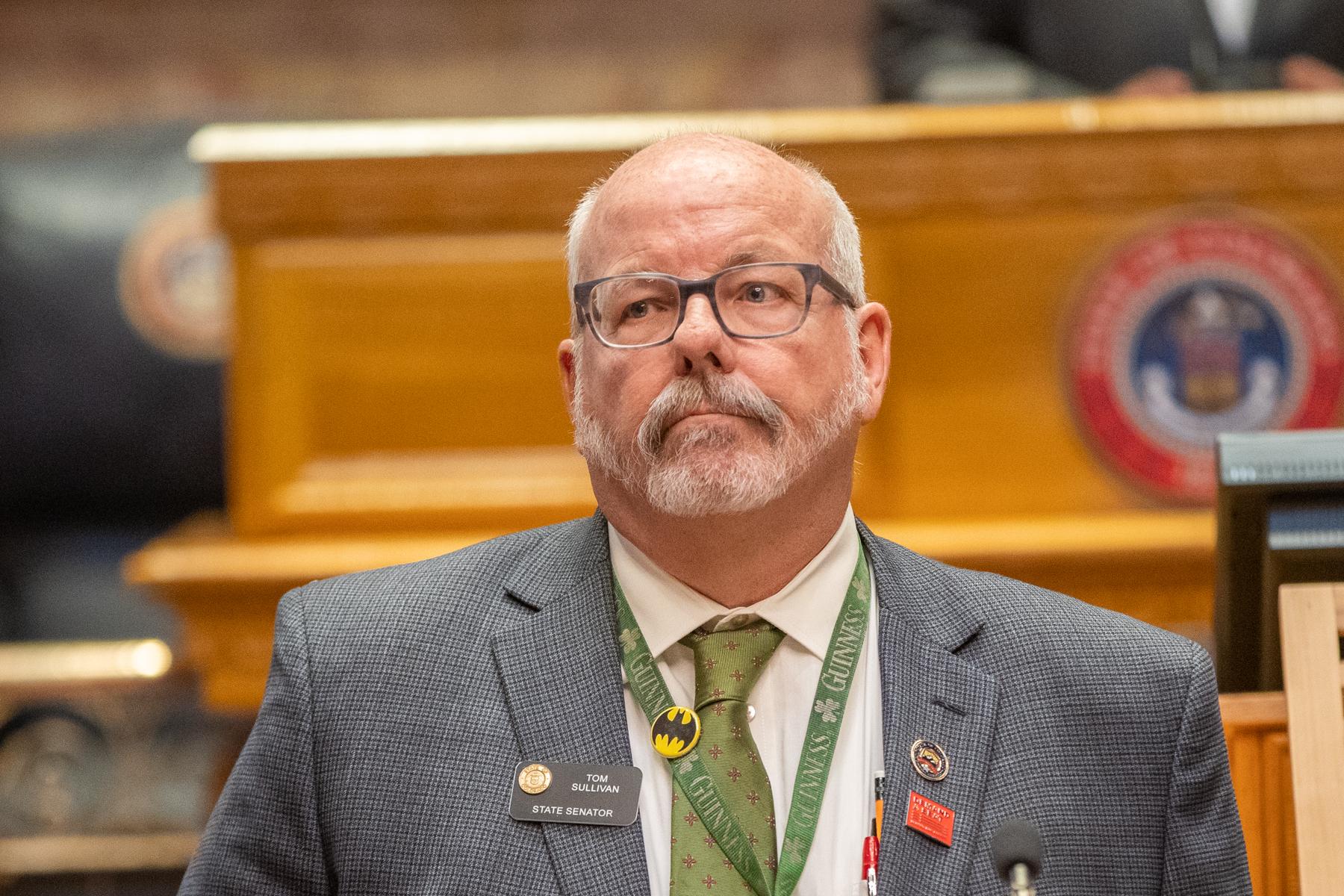Even in an urgent situation, many people won’t find immediate help if they go to emergency rooms across Colorado. That’s because the state has long had a big shortage of psychiatric hospital beds. And that means it’s common for people in psychiatric crisis to wait in emergency rooms for hours or even days before being admitted.
CPR Health Reporter Eric Whitney talked with a Boulder County Mom whose daughter recently had to wait 24 hours for a bed.
This is a transcript of his story.
Reporter: Like about one in five Coloradans, Kathy Partridge has a family member with a mental illness.
Partridge: My daughter, who’s a young adult in her 20s deals with bipolar two disorder, and she was having a manic episode and was picked up by the Boulder police, out in public, kinda making a disturbance and being very manic.
Reporter: That was last fall.
Partridge: Y’know it’s been a few months now, but it seems really fresh, because just of the impact and the kind of a really shocking experience that it was.
Reporter: Partridge wasn’t shocked that her daughter was being manic. She knew she struggled with her condition sometimes. She was on medication, but occasionally there were flare-ups. She’d never been picked up by the police before, but Partridge said that wasn’t as shocking as how badly prepared Colorado’s health care system is to deal with people in a mental health crisis.
The police took her daughter to the nearest emergency room, where she was put in a small, windowless exam room to wait…and wait, and wait.
Partridge: And it was at that point that we learned that there was no place for her to go, other than to be in that examination room, that there was not a single psychiatric bed to release her in in the entire state of Colorado. So she had to stay in that emergency room, and she stayed there a full 24 hours.
Reporter: Twenty-four hours in a room that Partridge describes as basically a closet, furnished with nothing but a stainless steel bed and surrounded by the whirling rush of activity common to any E-R. She said nobody really told them what was going on or offered her or her daughter any kind of comfort, let alone actual health care.
Partridge: They were just kinda breezing through, checking her vitals and, y’know, ‘Yep, the doc’s not going to be able to see you yet,’ and just moving on to the next patient.
Reporter: This all happened at Boulder Community Hospital, but experts say the same thing happens all the time at nearly every hospital in Colorado, at hospitals all across the country, in fact.
Weiss: Absolutely, that’s a very common scenario.
Reporter: Dr. Anthony Weiss just published a study that found that the average wait time for psychiatric patients in the big hospital system he works for in Boston was eleven and a half hours.
The lack of psychiatric wards or beds is because hospitals across the country have been eliminating them for decades. Weiss says a lot of that has to do with simple economics.
Weiss: The reimbursement for mental health care within the country is amongst the lowest across the different disease states. And so it’s not in some cases economically viable to support these types of units.
Reporter: It’s not just that health insurers don’t pay hospitals much for mental health care. People with severe mental health conditions often don’t have insurance because their diseases make it hard to hold down jobs. Weiss says he saw evidence of that in his study.
Weiss: The percentage of patients who actually had commercial insurance was about 29%. And secondly, 13% of the patients who presented for care were actually homeless.
Reporter: So there’s enough demand that patients are stacking up in emergency rooms, but the supply of in-patient beds for them isn’t catching up because those patients often can’t pay. It’s been like that for years, but now may be changing.
Barry: So this will be the main nursing area….
Reporter: Jennifer Barry is giving me a tour of a brand new psychiatric ward that’s under construction at the Medical Center of Aurora.
Reporter: How many patient rooms total?
Barry: Forty patient rooms total. We have 20 on this acute side, and on the sub-acute side we have 18 beds, but there are 2 beds that are swing beds.
Reporter: Barry works for HealthOne, the biggest hospital chain in metro Denver, with seven hospitals. This will be the first new adult inpatient psychiatric ward metro Denver has seen in years. HealthOne is a for-profit company – so why would they open a psych ward if the industry nationwide views them as money losers?
Dr. George Bussy is HealthOne’s medical director.
Bussy: When we’ve looked at this, it does look like a service that in fact will be able to cover its costs.
Reporter: HealthOne hasn’t figured out some magic way to get higher payments from psychiatric patients, or to provide care for them in a way that’s cheaper than the competition. It stands to recover its losses by having a place to send psychiatric patients who are clogging up the very expensive space in their emergency rooms.
Bussy: We’re already taking care of these patients, we’re just taking care of them in the wrong place. So now we’ll have an opportunity to take of them in the appropriate place, and provide better care.
Reporter: But HealthOne’s decision to open a new psychiatric ward is also tied to the company’s fierce competitiveness in the Denver market.
SOUND: Traffic
Reporter: HealthOne and its competitors have recently started putting up billboards around the metro. Drivers on this busy section of Parker Road in Aurora pass one that brags about how short the wait to see a doctor is at a nearby emergency room. It has a digital readout that’s periodically updated, right now it says….the average wait time is 6 minutes. HealthOne’s Bussy says psychiatric patients in emergency rooms who have no place to go can drive that average wait time up in a hurry.
Bussy: ER wait times are often a function of how many people are in your waiting room, and how many available beds you have. And if you have, for example, a 30 bed emergency department, but you have five patients who aren’t being moved out of beds, you’ve effectively turned yourself into a 25 bed emergency department, at which point you begin to get the back up.
Reporter: Opening a 40-bed psychiatric ward might help HealthOne reduce back-ups in their hospital emergency rooms, but it won’t solve Colorado’s psychiatric bed shortage.
At the moment there’s a relative boom in new beds on the Front Range. A new psychiatric hospital is opening in Colorado Springs, and Denver Health this spring opened a juvenile psych ward. But all told, that’s only about a hundred new beds, and will offer only limited relief to Colorado’s severe shortage.
Back in Longmont, Kathy Partridge is happy to hear new facilities are opening. She says watching her daughter languish in an emergency room for 24 hours was the most difficult thing she’s ever had to do as a parent.
Partridge: it was unbelievable. Even now, months later it still gets a rise out of me, I still just want to go in the streets and just scream, How can we let this go on? How can we say we’re a great state and this is happening to people, and happening often? Y’know, this wasn’t like the rare, weird thing, but this is probably happening tonight to somebody, somewhere in the state of Colorado. And it’s just not right, it’s just not right for people to be treated that way.
Reporter: And Kathy Partridge is trying to do something about it. She started talking about her experience with people at her church, the Boulder Valley Unitarian Universalist in Lafayette.
SOUND Meeting at Church
Reporter: The church formed a committee to work on mental health issues. Turns out many congregants were having or had had trouble getting useful help with mental health issues, and want to change the system. We’re going to bring you more of their stories, and the efforts of people in the congregation to make things better in the coming months.
[Photo: CPR News]









